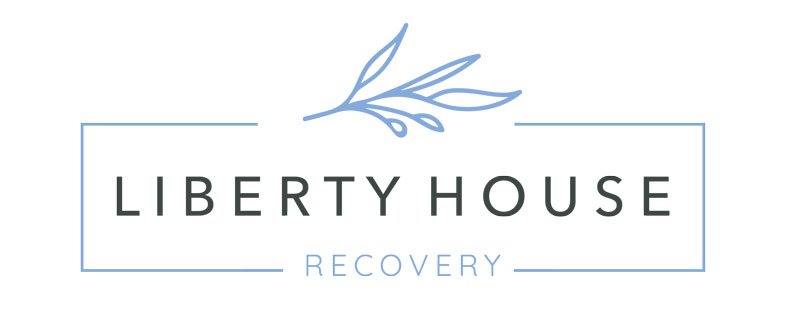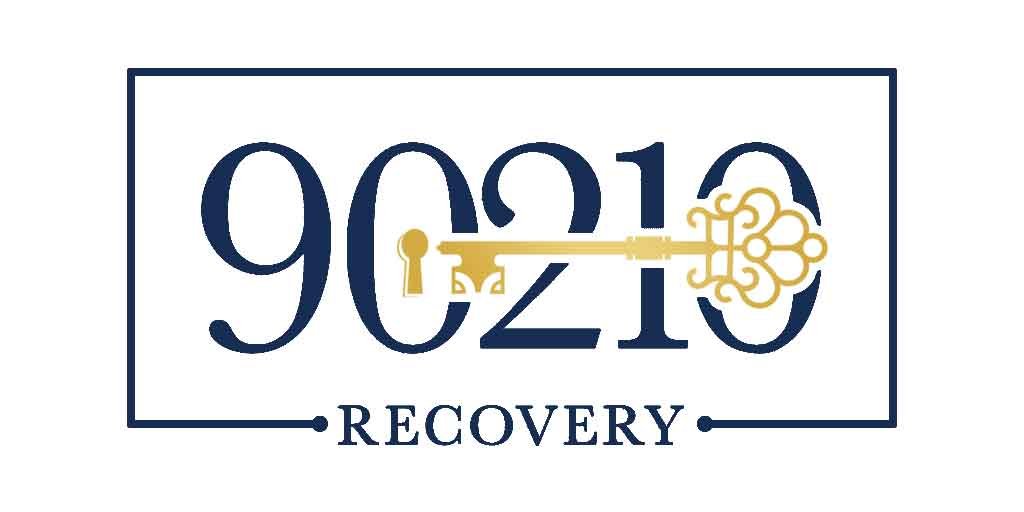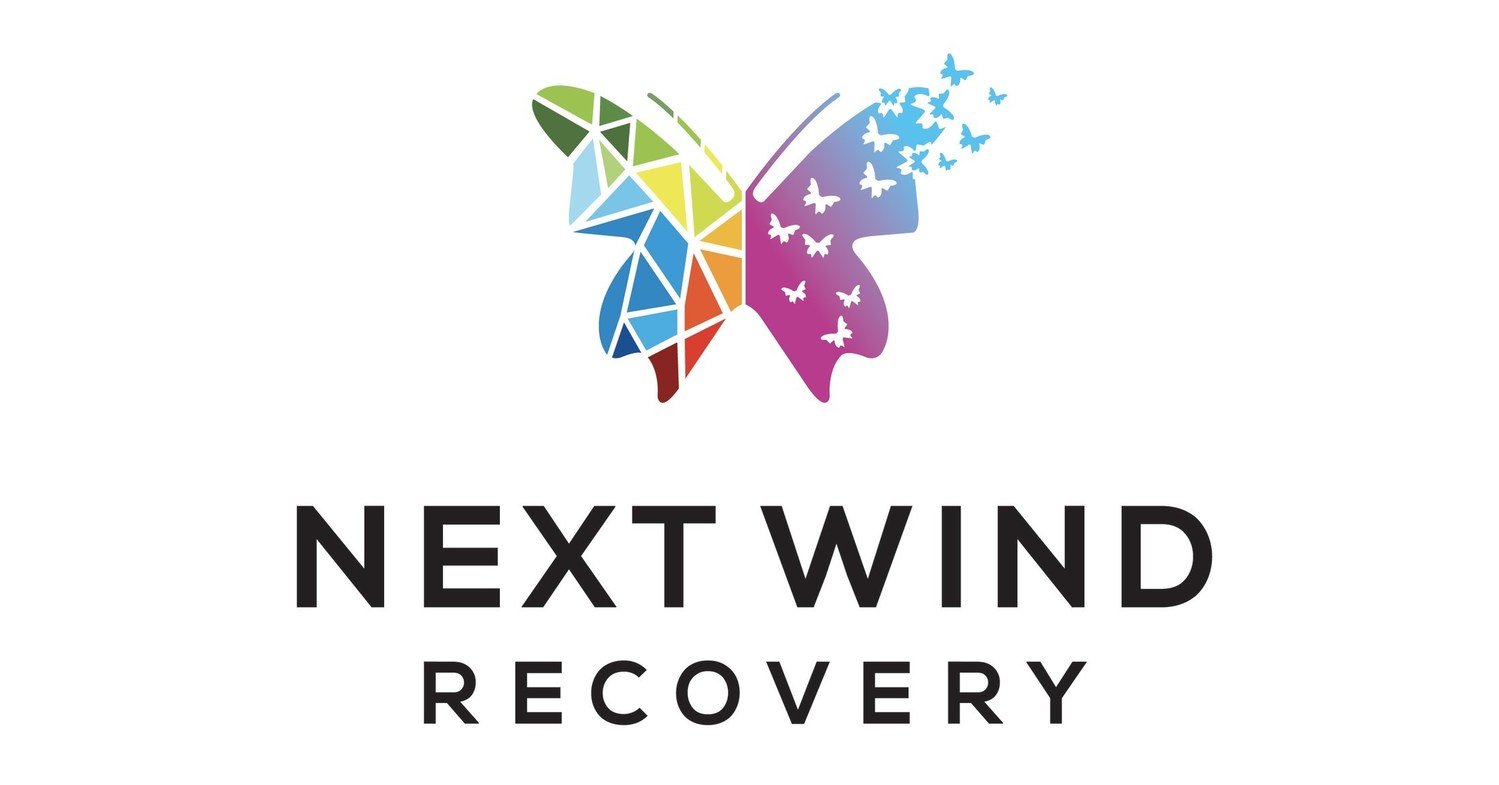Too many treatment centers are built on great intentions but weak teams. You can have the best location, licensing, and branding, but if your staff can't deliver quality care, your center won't last. That's the brutal truth.
Staffing for a treatment center isn't just about filling roles. It's about building a team that actually moves the needle; on outcomes, compliance, and day-to-day stability. Whether you're expanding, starting fresh, or rebuilding from scratch, this guide will break down the must-have positions and why they matter.
Leadership Roles
Every strong treatment center starts at the top. Without solid leadership, even the best staff can underperform. Leadership roles shape the culture, guide compliance, and influence how care is delivered every day.
These are not optional hires; they're part of the core staffing requirements for a drug rehab center that wants to run safely, effectively, and with long-term stability.
Executive Director
The Executive Director handles business operations. They often act as the bridge between ownership and staff, which can make or break communication across the board.
Some responsibilities of an Executive Director include:
Overseeing licensing, inspections, and audits
Managing staff recruitment, development, and scheduling
Setting financial goals and reviewing performance reports
Approving vendor contracts and partnerships
Medical Director
The Medical Director handles the clinical oversight of the center. This includes
Setting treatment protocols
Supervising physicians and nurse practitioners
Reviewing care plans
In some states, a Medical Director is required for licensure.
Their involvement tends to be more hands-on in smaller centers and more policy-driven in larger ones. Either way, their decisions affect safety, outcomes, and your liability.
Clinical and Medical Staff
Your clinical and medical team are the heart of your operation. These are the people working directly with patients day in and day out.
Core Medical Team
Medical staff usually includes physicians, nurse practitioners, and nurses (RN or LPN). Centers offering detox services need 24/7 coverage, which tends to be a challenge during weekends and holidays.
According to the Bureau of Labor Statistics, the need for substance abuse counselors and nurses continues to rise faster than the national average.
Medical staff responsibilities include:
Conducting intake assessments and physicals
Managing medication-assisted treatment (MAT)
Monitoring withdrawal symptoms and detox protocols
Responding to patient health emergencies
Clinical Therapy Staff
This group includes licensed therapists, counselors, and group facilitators. Credentials vary by state, but often include LCSW, LPC, LMHC, or CADC. These professionals:
Write treatment plans
Facilitate group sessions
Lead one-on-one therapy
Hiring for these rehabilitation staff roles usually depends on your program model. For instance, a residential center focused on trauma work may lean heavily on EMDR-trained therapists, while outpatient IOPs might staff with generalist counselors.
Support and Administrative Staff
These roles might seem back-office, but they directly impact patient outcomes. Bad billing means delayed payments. Weak admissions means lost leads. Admin support is more visible than many owners realize.
Case Managers
Case Managers help patients coordinate care, track progress, and plan for discharge. This position is often the main touchpoint for families and outside providers.
Tasks they handle include:
Coordinating with insurance for continued stay approvals
Communicating with family members and outside providers
Creating aftercare plans and referrals
Documenting progress notes and outcomes
Admissions and Billing Staff
Admissions Coordinators often act as the first human connection patients and families make with your center. These employees must know how to talk with distressed families, explain insurance, and keep follow-ups organized.
Billing staff handle insurance verification, pre-authorizations, and claims submissions. Treatment center employees in these roles directly affect revenue. If admissions miss a lead or billing makes coding errors, your center loses income and credibility.
Operational Roles
While clinical staff handle treatment, operational staff keep the building safe, organized, and functional. These aren't flashy positions, but they still shape patient experience.
Front Desk and Clerical Support
Clerical staff manage phone lines, calendars, room schedules, patient check-in, and more. This role is typically the first face a patient sees daily.
Housekeeping and Janitorial
Clean environments help patients feel safe. A messy, unsanitary facility can lead to complaints, infections, or worse, state citations.
Janitorial workers should be trained on confidentiality, infection control, and behavioral awareness.
Examples of rehab center job roles in this area include:
Housekeepers responsible for patient rooms and common areas
Maintenance staff for plumbing, HVAC, and emergency repairs
Kitchen workers managing food safety and dietary compliance
Training and Development
Even well-hired teams need ongoing training. Licensing boards expect it. Patients benefit from it. Staff retention improves because of it. But a lot of centers still skip it or treat it like a checkbox.
Onboarding and Compliance
Most states require that new hires receive training within the first 30-90 days. Topics typically include HIPAA, ethics, documentation, safety, and incident reporting.
Beyond that, you should offer regular refreshers, especially when policies or protocols change. Centers that fall behind in compliance can face fines or risk losing their license.
Key onboarding topics include:
Handling patient rights and grievances
Using EMRs or documentation software
Responding to behavioral crises
Working within your scope of practice
Targeted Team Training
Not every problem is fixed by replacing staff. Sometimes your team just needs help getting aligned. That's where structured training programs help.
For example, if your billing team is missing revenue opportunities or frequently flagged in audits, a focused workshop could clean that up quickly. The same applies to admissions teams that struggle to close qualified leads.
These are examples of where we offer staffing solutions for rehab facilities beyond just hiring.
If your staff turnover is high, you're not alone. The average turnover rate in behavioral health is nearly 30%, according to a 2021 study published in Psychiatric Services. The study also found that structured training lowered staff burnout and improved retention.
Need Help With Staffing for a Treatment Center?
Staffing for a treatment center is all about building the backbone of your care model. The right leadership, licensed professionals, and trained support staff all play a role in whether your center thrives or struggles.
At The Drug Rehab Agency, we specialize in hiring for rehab centers with precision. Our addiction treatment staffing program connects you with high-level candidates using a proven process and deep industry network. We also provide team training for billing, admissions, and quality review.
Reach out to us today to get started if your center needs stronger staff or a smarter plan.








